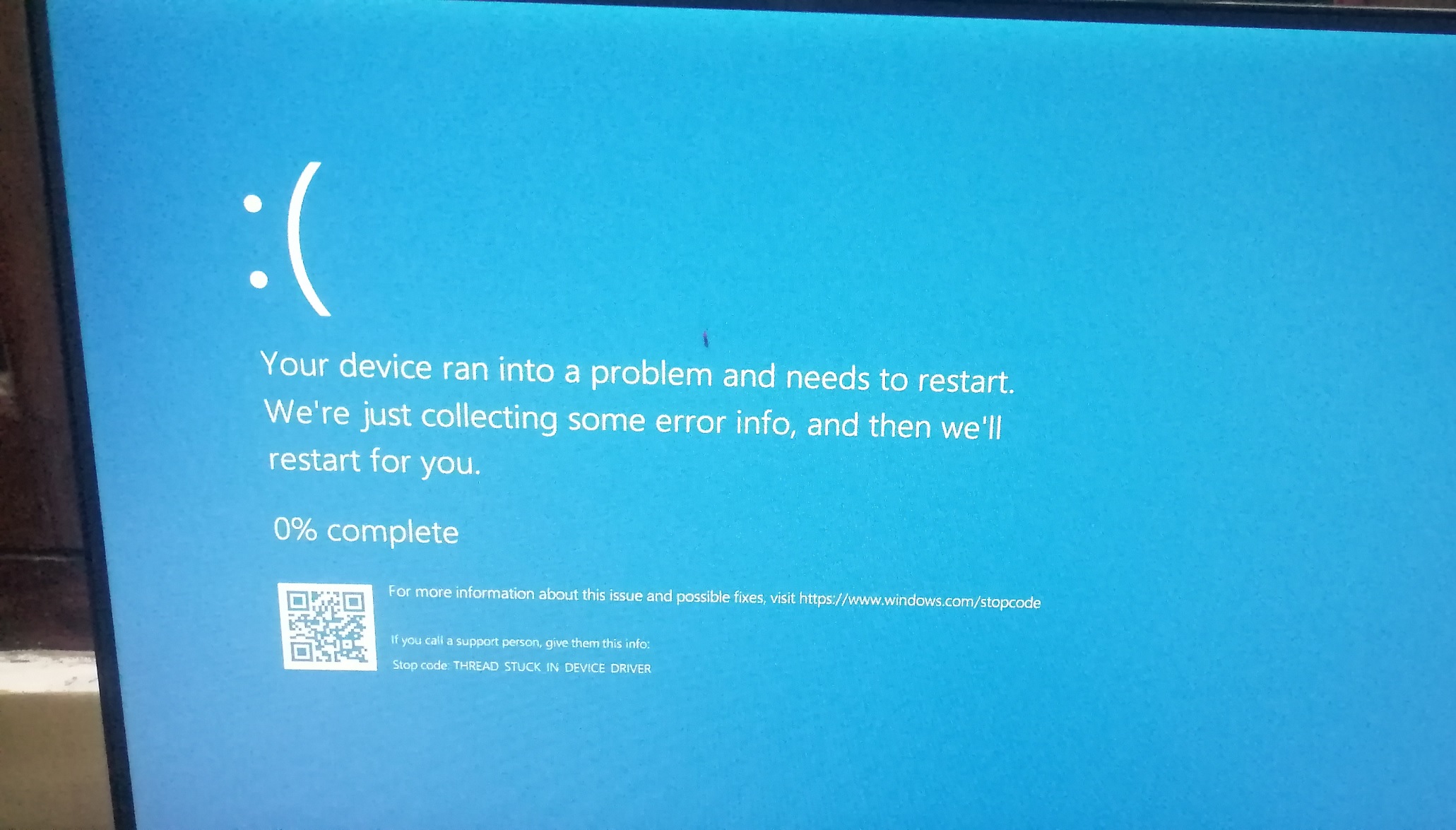Phoronix: Linux 6.9 Sees Invasive & Significant Changes To Workqueues
Workqueues are commonly used within the Linux kernel for asynchronous process execution contexts. With Linux 6.9 the workqueue (WQ) code has seen "significant and invasive" changes...
Workqueues are commonly used within the Linux kernel for asynchronous process execution contexts. With Linux 6.9 the workqueue (WQ) code has seen "significant and invasive" changes...




Comment